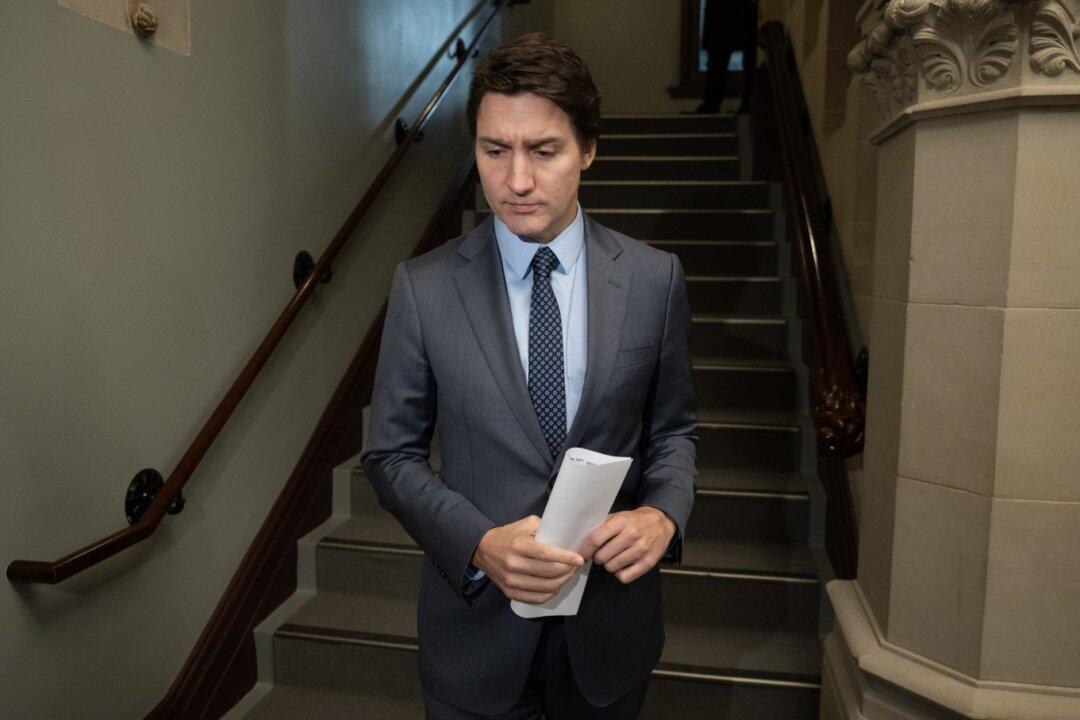Justin Trudeau has announced he intends to resign as prime minister and Liberal Party leader once the party has chosen a replacement.
In the meantime, all parliamentary business is on hold after Trudeau met with Governor General Mary Simon on the morning of Jan. 6 to ask her to prorogue Parliament. She granted the request, bringing an end to the current parliamentary session and suspending House of Commons proceedings until March 24.





